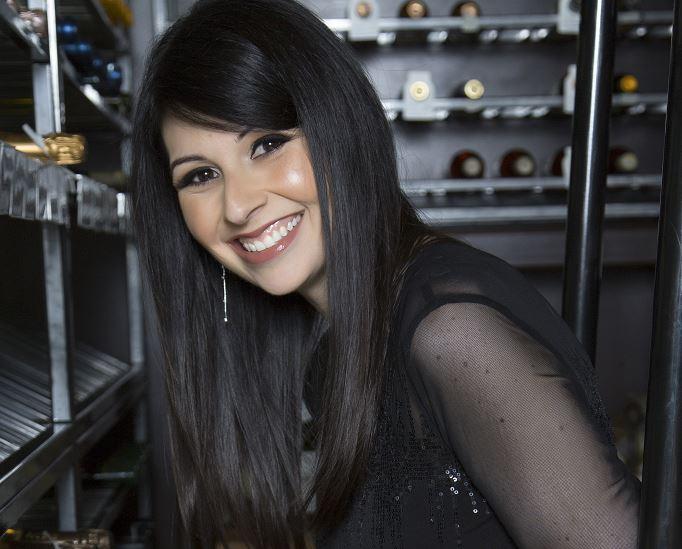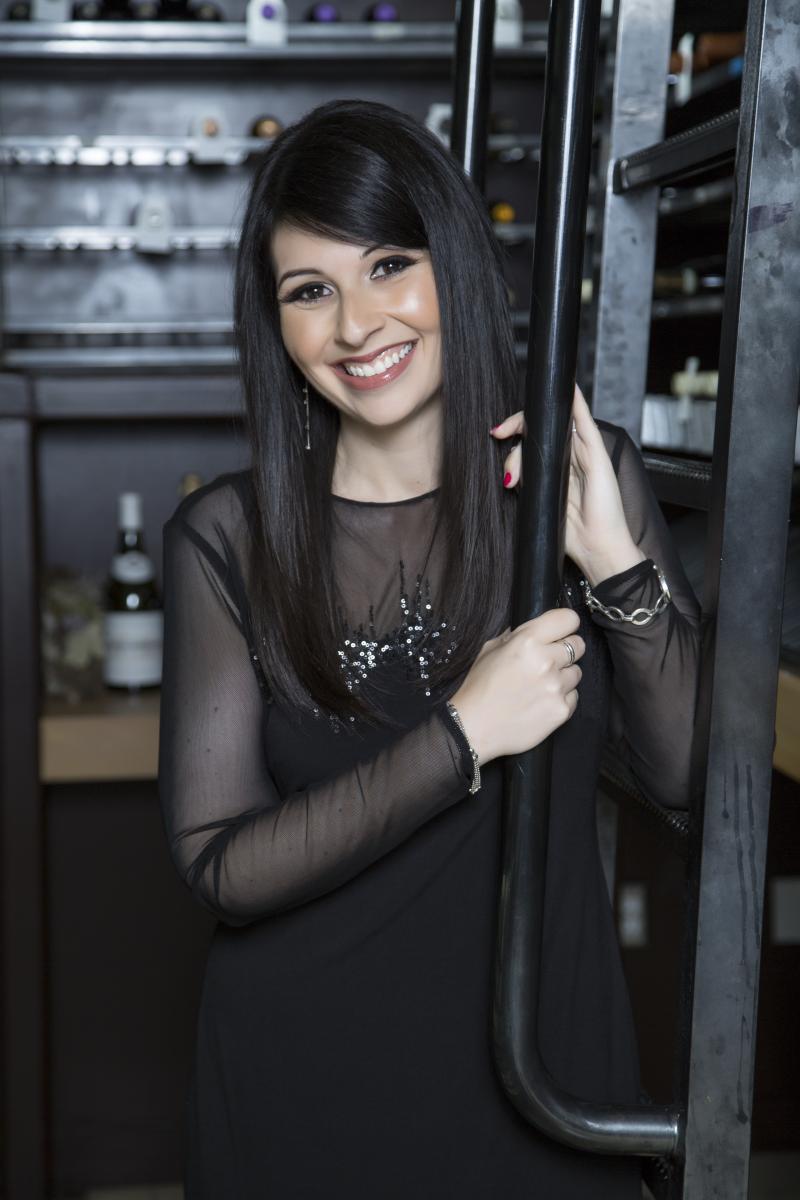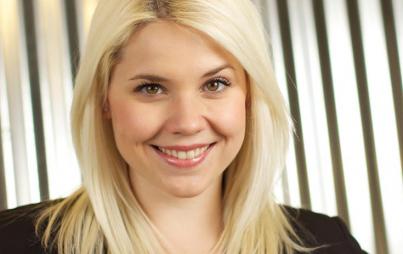
I have a confession to make about Alison Rosen, host of the popular podcast Alison Rosen Is Your New Best Friend: I'm a huge personal fan. So it was with great pleasure that I realized, after sitting down to chat with her, that she's just as quirky, funny, and relatable in the real world as she is on the airwaves.
What draws me and other listeners to Rosen’s podcast is that she never shies away from, well, anything—whether it’s her fascination with snacks (because, snacks!), her struggles with infertility (to a largely male audience, no less), the death of her beloved dog, or being fired from her main gig last year. But she doesn’t want a pity party—she just wants the show to feel like a big hug.
A lot of successful media figures aren’t easy to relate to, or live in a world far removed from their audience. But not Alison . . . after all, how could you not relate to someone who has a segment called “Is It Just Me Or Is It Everyone?”
I asked Rosen about her views on feminism, women in the media, and of course, haters. Turns out, she's more fearless than I ever imagined.
And if you were wondering, yes, it totally felt like Alison Rosen was my new best friend.
One thing that sets you apart from other podcasters I’ve listened to is that you really do make the guests and audience feel like they’re your best friends. Is that intentional?
In terms of making people feel like they’re my friends, it’s not anything I concentrate on or try to do. I try to relate to people and connect with them. I like to compare notes. I’m very open with the things that I struggle with and I’m always curious to know how other people handle the struggles in their lives, so I think it just comes out of that. It stems from genuinely wanting to connect with people. 
How did you come up with the title for the show?
The show started when I was living in New York and it was a U-Stream show. I would do it for three hours every Sunday night. It was a talk show in my living room. At first, it was called The Alison Rosen Show and then The Alison Rosen Experiment. For some reason, when you’re thinking of naming a show, your name plus experiment always pops into your head. Then Alison Rosen Is Your New Best Friend just [came] into my head and I liked it, but there wasn’t any sort of complex process behind it. The response was so positive, I just went with it.
On the podcast, you never shy away from talking about the challenges in your life—which last year, especially, were beyond the first-world problems of most media figures. Do you share the less than positive things in your life because listeners can relate to them, and that in turn helps them? Or do you share those things because it just happens to be what is going on in your world at the time?
I just can’t imagine the point of doing a podcast where we are being open if we are not actually open. When I hear that I help people, it means so much to me and reinforces my decision to share stuff that maybe other people wouldn’t share. I just want my podcast to be a hug for someone who needs a hug. People also tell me it makes them feel less alone. If there’s one thing I was put on earth to do, I want it to be that. If I didn’t share all of that, and instead I was just trying to present a certain image of having everything figured out, I don’t think it would be effective or interesting. I don’t think people would listen.
You often talk about struggles that are specific to women, including infertility. Do you consider yourself a feminist, or do you just talk about those things because it’s who you are?
I do consider myself a feminist. I talk about what I talk about because it’s me and it’s what’s going on with me. I think the word feminist has been misconstrued by so many people, but to me, feminist means you believe in equal rights for women. So I feel everyone should be a feminist. When people don’t want to claim that word, I understand why, but I find it to be sad because I think that everyone should call themselves a feminist.
Do you think it’s more difficult for women to be media figures?
I think you get more hate as a woman. I think people are often times quicker to judge. I don’t know if I think it’s harder across the board. I suspect it’s hard for everyone in this industry, but there are days where I would say “yes.”
How did you come up with the “Is It Just Me or Is It Everyone” segment?
I was out running errands when I was living in Brooklyn, walking back to my apartment, when I heard a fire truck go by. I had the thought that I always have whenever I hear a fire truck, which is, “Oh no, I wonder if they’re going to my apartment. I wonder if I left my straightening iron plugged in. I wonder if the whole thing is in flames?” It was just a split-second thought. I started thinking of all the random thoughts I have in certain situations.
How do you balance what to keep private and what to open up about on your podcast?
My personal inclination is always to talk about everything, but when it involves other people, I defer to them. If it involves someone close to me and they’re not comfortable with that being public, then I’ll find a way to work around that, so they don’t feel like I’ve just made their personal stuff public. I’ve made mistakes like that before. When I talked about [ wedding, [it hurt] some members of my family. So afterwards, I had to rethink how I was going to talk about myself going forward, without upsetting the people around me.
When I started Alison Rosen Is Your New Best Friend, I was single. It was always much easier to talk about my dating life when I was single because there was no one whose personal life I was really making public. Whereas when I met [my husband] Daniel and we started dating, I had to figure out how we were going to navigate the show, because my inclination is always to talk about everything.
How do you deal with haters?
It bothers me a lot less than it used to. When it first started, it really bummed me out. I imagine that’s the course it takes for everyone in the public eye. There are a lot of people on Twitter who have nothing nice to say to you. It hurts your feelings, but then you get used to it and it doesn’t really penetrate anymore. The thing that frustrates me is that I feel they aren’t listening to what I’m saying. They have a preconceived notion and nothing I say can change their minds.
What’s next for you?
Writing a book is something I’ve wanted to do for a long time and now is the time to do it. Hosting my own TV show has always been a dream of mine. At the same time, I want to do the podcast forever and ever and ever. But, now I think life has given me this opportunity to return to some of the goals I previously had.
You can (and should if you haven’t already) download Alison Rosen Is Your New Best Friend on iTunes here. Also, follow her on Twitter.
Images: Jason Wallis






